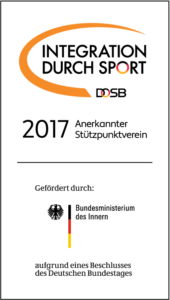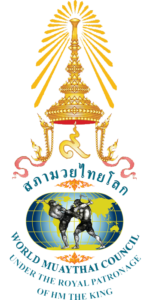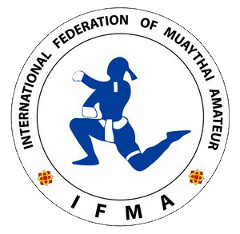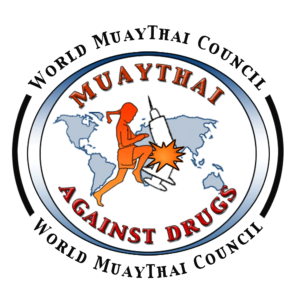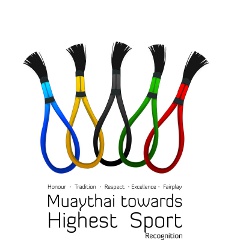A guide to the existing free trade agreement with ASEAN and Australia and updates to AANZFTA. Engagement in free trade negotiations is a critical aspect of the process for the government, helping us achieve the best outcome for New Zealanders. Other trade agreements (including the Government Procurement Agreement, the Environmental Goods Agreement and the Information Technology Agreement) are party to several Free Trade Agreements (SAAs) around the world. New Zealand negotiates bilateral and multilateral free trade agreements with the following blocs and countries: New Zealand`s economy is a market economy heavily dependent on international trade, including with Australia, the United States of America, China and Japan. Highly dependent on tourism and agricultural exports, it has only small manufacturing and high-tech components. Economic reforms in recent decades have removed many barriers to foreign investment and the World Bank has hailed New Zealand as the most business-friendly country in the world [1]. Regional and bilateral free trade agreements have become an important part of New Zealand`s international trade policy. New Zealand has taken advantage of free trade agreements, also known as closer economic partnerships, to liberalize trade between economies. A closer Economic Partnership Agreement with Thailand was negotiated in 2004 and implemented in 2005. Negotiations for a free trade agreement with Chile, Brunei and Singapore, known as the Trans-Pacific Strategic Economic Partnership, were concluded in 2005. Negotiations on other agreements with Malaysia began in 2006, but could not be concluded.
The historic free trade agreement with China was signed in Beijing in April 2008. [2] The Trans-Pacific Strategic Economic Partnership (P4) Agreement is an agreement between Brunei Darussalam, Chile, Singapore and New Zealand. The P4 agreement, which stands for „Pacific 4“, entered into force in 2006. Under P4, most tariffs on goods traded between Member States were immediately lifted, with the remaining duties due to expire (until 2015 for Brunei Darussalam and 2017 for Chile). . . .

